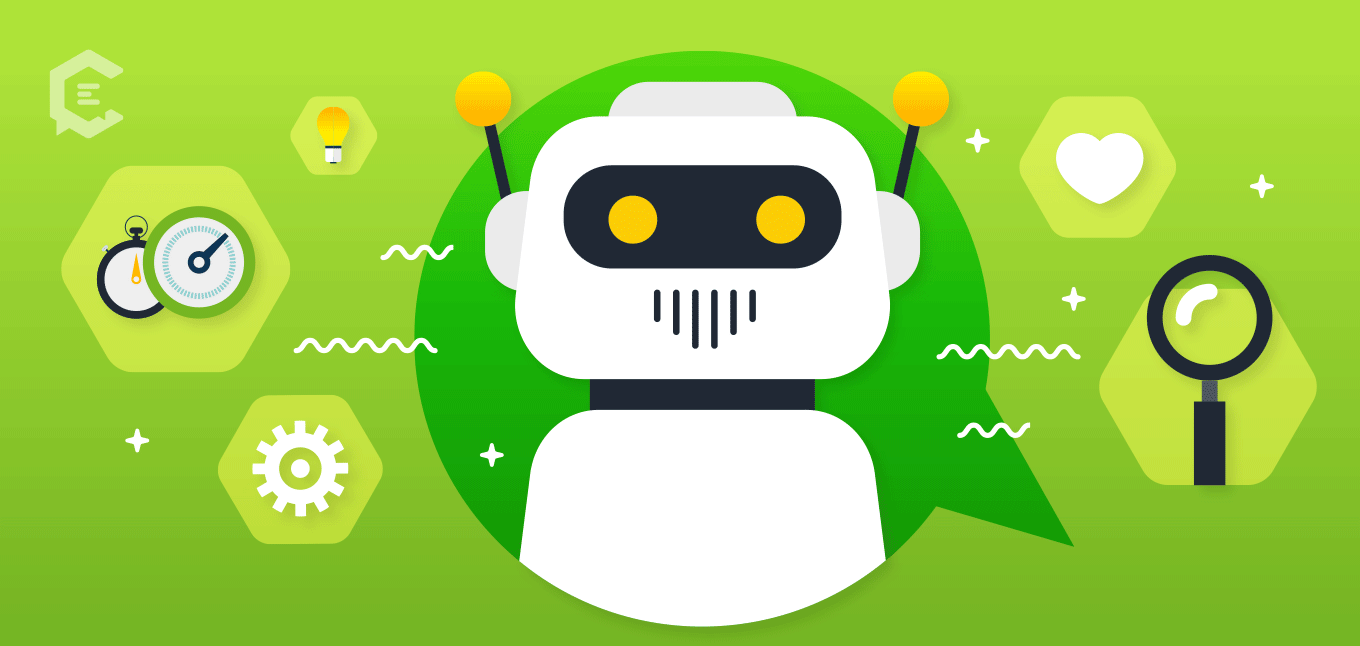The rise of AI-powered chatbots and their impact on customer service

- Peter Johnson
- 13 Apr, 2023
The rise of artificial intelligence (AI) has revolutionized many industries, and customer service is no exception. With the advent of AI-powered chatbots, companies can now provide personalized and efficient customer service 24/7. These chatbots are capable of answering customer queries, handling complaints, and even initiating sales conversations. In this blog, we will discuss the rise of AI-powered chatbots and their impact on customer service.
The Evolution of Chatbots
Chatbots have been around for decades, but the recent advancements in AI and machine learning have given rise to more sophisticated chatbots. Earlier versions of chatbots were based on rule-based systems, where the chatbot would respond to pre-defined keywords and phrases. These chatbots were limited in their ability to understand natural language and handle complex customer queries.
With the advancements in AI and machine learning, chatbots have become more sophisticated. Today's chatbots can understand natural language, learn from customer interactions, and provide personalized responses. This has led to a significant improvement in customer experience and has reduced the workload on human customer service agents.
The Rise of AI-Powered Chatbots
AI-powered chatbots have gained popularity in recent years due to their ability to provide personalized and efficient customer service. These chatbots are powered by natural language processing (NLP) algorithms, which enable them to understand the context and intent of customer queries. They can also learn from customer interactions and improve their responses over time.
AI-powered chatbots can be integrated into various platforms, such as websites, social media, and messaging apps. This enables customers to interact with chatbots through their preferred channels, making it more convenient for them to get the help they need.
The Impact of AI-Powered Chatbots on Customer Service
The rise of AI-powered chatbots has had a significant impact on customer service. Here are some of the ways in which chatbots have improved customer service:
24/7 Availability
One of the main advantages of chatbots is that they are available 24/7. Customers can interact with chatbots at any time, even outside of business hours. This provides customers with the convenience of getting their queries resolved at their own pace, without having to wait for a human customer service agent to become available.
Efficient Customer Service
Chatbots are capable of handling multiple customer queries simultaneously. They can provide instant responses to customer queries, reducing the time customers have to wait for a response. This has led to a significant improvement in customer service efficiency, as customers can get their queries resolved quickly.
Personalized Responses
AI-powered chatbots can provide personalized responses to customer queries. They can use data from previous customer interactions to provide personalized recommendations and solutions. This has led to a significant improvement in customer experience, as customers feel that their needs are being addressed on an individual basis.
Reduced Workload for Customer Service Agents
Chatbots have reduced the workload on human customer service agents. They can handle routine queries, leaving human agents free to handle more complex queries. This has led to a significant improvement in the efficiency of customer service operations, as human agents can focus on providing high-quality service to customers.
Improved Customer Engagement
Chatbots can initiate sales conversations and provide product recommendations to customers. This has led to an improvement in customer engagement, as customers are more likely to purchase products that are recommended by chatbots. This has also led to an increase in sales for companies that use chatbots for customer service.
Challenges of AI-Powered Chatbots
While AI-powered chatbots have many advantages, there are also some challenges that need to be addressed. Here are some of the challenges of AI-powered chatbots:
Limited Understanding of Context
Chatbots are still limited in their ability to understand the context of customer queries. They can misunderstand customer queries and provide irrelevant responses. This can lead to frustration among customers and a negative impact on customer experience. To address this challenge, chatbots need to be trained on a wide range of customer queries and interactions to improve their understanding of context.
Lack of Emotional Intelligence
Chatbots lack emotional intelligence, which is an important aspect of customer service. They cannot understand or respond to customer emotions, which can lead to a disconnect between the chatbot and the customer. To address this challenge, chatbots need to be designed with emotional intelligence capabilities, such as sentiment analysis, to understand customer emotions and respond appropriately.
Privacy Concerns
Chatbots collect customer data, which can raise privacy concerns. Customers may be hesitant to share personal information with chatbots, which can limit the effectiveness of chatbots in providing personalized responses. To address this challenge, companies need to ensure that chatbots comply with privacy regulations and have strong security measures in place to protect customer data.
Integration Challenges
Integrating chatbots into existing customer service systems can be challenging. Chatbots need to be integrated with customer databases, knowledge bases, and other systems to provide personalized responses. This can be time-consuming and require significant resources. To address this challenge, companies need to carefully plan and implement chatbot integrations to ensure they are effective and efficient.
The rise of AI-powered chatbots has transformed customer service by providing personalized and efficient service 24/7. Chatbots can handle routine queries, provide personalized recommendations, and initiate sales conversations. They have improved customer experience, reduced the workload on human agents, and increased sales for companies. However, there are also challenges that need to be addressed, such as limited understanding of context, lack of emotional intelligence, privacy concerns, and integration challenges. As chatbot technology continues to evolve, it is important for companies to carefully consider these challenges and implement chatbots in a way that benefits both customers and the company.
Leave a Reply
Your email address will not be published. Required fields are marked *
GRLpGpAG
1
GRLpGpAG
1
GRLpGpAG
1
GRLpGpAG
1'"
GRLpGpAG
\
GRLpGpAG
@@HcVFv
GRLpGpAG
JyI=
GRLpGpAG
1
GRLpGpAG
1
GRLpGpAG
GkLL532v











